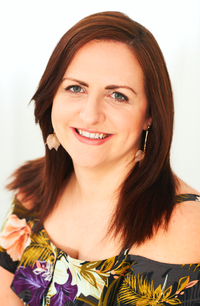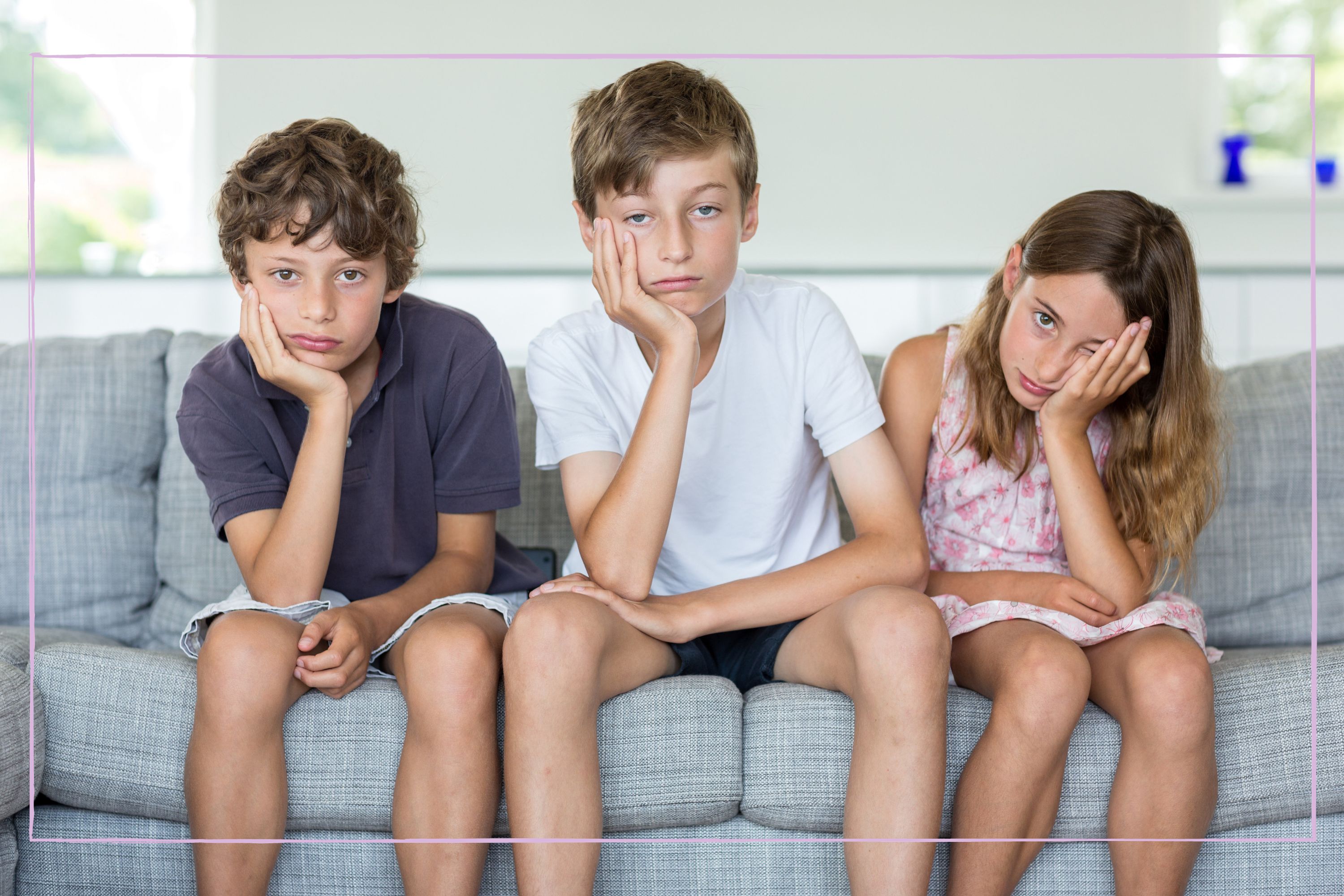Kids' playtime is in decline as 1 in 3 children spend less than 3 hours a week playing – have more fun with these expert-approved game ideas
A study conducted by LEGO highlights a global deficiency in play with tips for adding more to every child's day


Parenting advice, hot topics, best buys and family finance tips delivered straight to your inbox.
You are now subscribed
Your newsletter sign-up was successful
One in three children spends less than three hours a week playing, a new study by LEGO has revealed.
Whether you're a working parent or stay at home, in the run-up to the festive season you might be on the hunt for the Best Lego Black Friday deals or the Best Black Friday Toy deals to give you plenty of things to do with the kids.
But did you know that a global study has revealed one in three children (32%) worldwide spend less time playing each week?
It's not all doom and gloom as the study, commissioned by The LEGO Group, which surveyed 32,000 parents of kids aged from six to 12 years old also found that 70% of UK parents are prioritising achievement-based activities over play. And it comes after a Harvard-trained parenting expert explained why we need to rethink how we give praise for 'stronger', more resilient kids.
With play fundamental to kids' growth, boosting their creativity, confidence and communication skills, even before LEGO was invented, the toy brick firm is inspiring parents to inject moments of playfulness into even the busiest of schedules.

Best toys collections 2024
Best toys for babies
Best toys for 6 month olds
Best sensory toys
Best baby walkers
Best toys for toddlers
Best toys for 1-year-olds
Best toys for 18 month olds
Best toys for 2-year-olds
Best toy for 3-year-olds
Best toys for kids
Best toys for 4-year-olds
Best toys for 5-year-olds
Best toys for 6-year-olds
Best toys for 7-year-olds
Best toys for 8-year-olds
Best toys for 9-year-olds
Best toys for 10-year-olds
Dr. Sara Baker, professor of developmental Psychology and Education at the University of Cambridge says, “Play can supercharge a child’s future. Through play, children develop essential skills such as communication, confidence, teamwork and creativity that enhance every other area of their development, learning and growth. And play doesn’t need to take up too much time, it can be as simple as singing a song on the way to school or making up a new ending to your favourite bedtime story together.”
And to help families, she has shared her top tips for increasing time spent playing.
Parenting advice, hot topics, best buys and family finance tips delivered straight to your inbox.
Top 5 tips for including more play in the day
- Make it simple - Play can be found in the simplest of activities, whether it’s a little dance while brushing teeth or using a bus ride to spot as many things beginning with 'A' letter as you can.
- Don't overthink it - There is no right or wrong way to play – anything that is enjoyable will benefit the whole family.
- Find a good play mix - Try a range of playful activities to keep children entertained and help them develop a wide set of skills – from puzzles (best wooden toys and puzzles) to singing or being active outside – everything helps!
- Let your child take the lead - Kids have the most amazing imaginations, so if you are lacking play ideas, turn to them and let their creativity run wild.
- Use what you have around you - Walking back from school? How about a game of hopscotch on the pavement, or in the car for a long journey? Make a game of I Spy with your friend.
A World Play Day was held last month on 12th October and it aimed to encourage families to re-prioritise playtime. Speaking at the time, Christian Pau, VP and UK & Ireland GM at the LEGO Group, explained, “World Play Day is all about inspiring families to play. It’s no secret that the modern family schedule is packed full of responsibilities that can spill into time for this.
"The beauty of play is that it is limitless; you can play anywhere; with anything; and also, just by using your imagination. A world with more play means more creativity, innovation, togetherness, and most importantly, fun!”

The campaign was supported by Paloma Faith who has two daughters, and their names have not been revealed by the singer.
She added, “I’ve always valued the importance of play – from when I was really young to every day in my career now. Growing up, I used my imagination to build a world full of possibilities and endless excitement. That’s why imagination is my superpower, and it’s something I encourage my children to explore in their everyday lives.
“Nowadays, it’s often hard to find time to set aside for play, but that’s why World Play Day is such fun! Whether it’s building a tea party or playing a game of hide and seek, you’re never too old to tap into your inner child and have fun exploring your own superpower of play.”
In other family news, are you wondering LEGO Vs Playmobil what's the difference? and celebrity parents love LEGO too as David Beckham's Lego obsession is the mindful parenting trick you didn't know you needed, according to experts.

Selina is a Senior Family Writer for GoodtoKnow and has more than 16 years years of experience. She specialises in royal family news, including the latest activities of Prince George, Charlotte, Louis, Archie and Lilibet. She also covers the latest government, health and charity advice for families. Selina graduated from the University of Sheffield in 2006 with a degree in Journalism, and gained her NCTJ and NCE qualifications. During her career, she’s also written for Woman, Woman's Own, Woman&Home, and Woman's Weekly as well as Heat magazine, Bang Showbiz - and the Scunthorpe Telegraph. When she's not covering family news, you can find her exploring new countryside walking routes, catching up with friends over good food, or making memories (including award-winning scarecrows!)